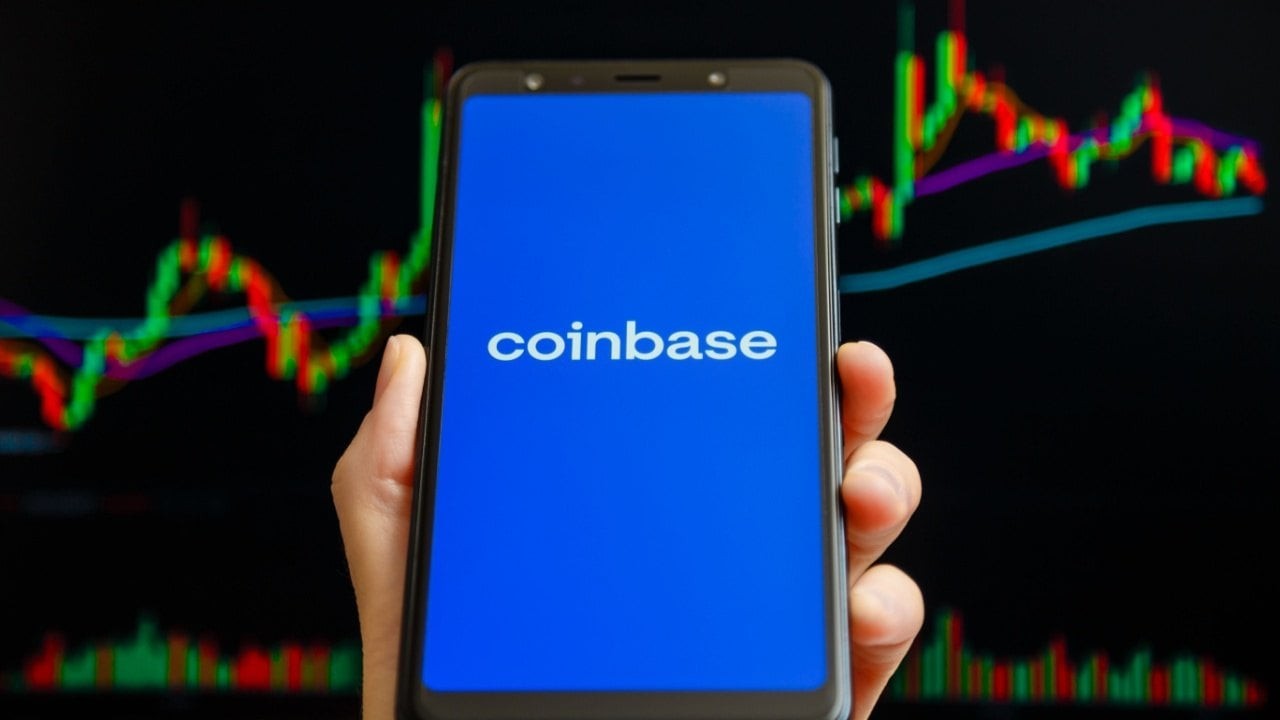
Cryptocurrency exchange Coinbase has reached a remarkable milestone, amassing $420 billion in customer assets under management (AUM), positioning itself as a major player among traditional financial institutions in the United States.
According to Coinbase CEO Brian Armstrong, this achievement would rank the company as the 21st largest bank in the US by total assets, surpassing established institutions like New York Community Bancorp (NYCB), which manages approximately $112.9 billion in assets. As a brokerage, Coinbase would stand as the 8th largest in the country based on AUM.
The company's financial performance has been particularly noteworthy, with Coinbase reporting a $273 million net profit, while NYCB posted a $260 million loss during the same period. This contrast highlights the growing strength of crypto-focused business models in today's financial landscape.
Beyond traditional metrics, Coinbase has demonstrated its expanding influence in payment processing, facilitating approximately $30 trillion in stablecoin transactions over the past year. Armstrong notes that these transactions, while not all for goods and services, represent the platform's growing role in global financial operations.
The company's vision extends beyond cryptocurrency trading. Armstrong sees Coinbase evolving into a "neobank" that combines banking, investing, and payment services under a single digital platform. This approach aims to streamline financial services and increase accessibility for underserved populations.
However, the path forward includes several challenges. The cryptocurrency industry continues to face security concerns, user experience issues, and regulatory uncertainties. Coinbase, along with other industry leaders, must address these challenges while maintaining growth and innovation.
As traditional boundaries between financial services blur, Coinbase's achievement marks a turning point in the financial sector's evolution. The company's success suggests a future where cryptocurrency-based platforms may play an increasingly central role in global finance, offering reduced transaction costs and enhanced economic opportunities.